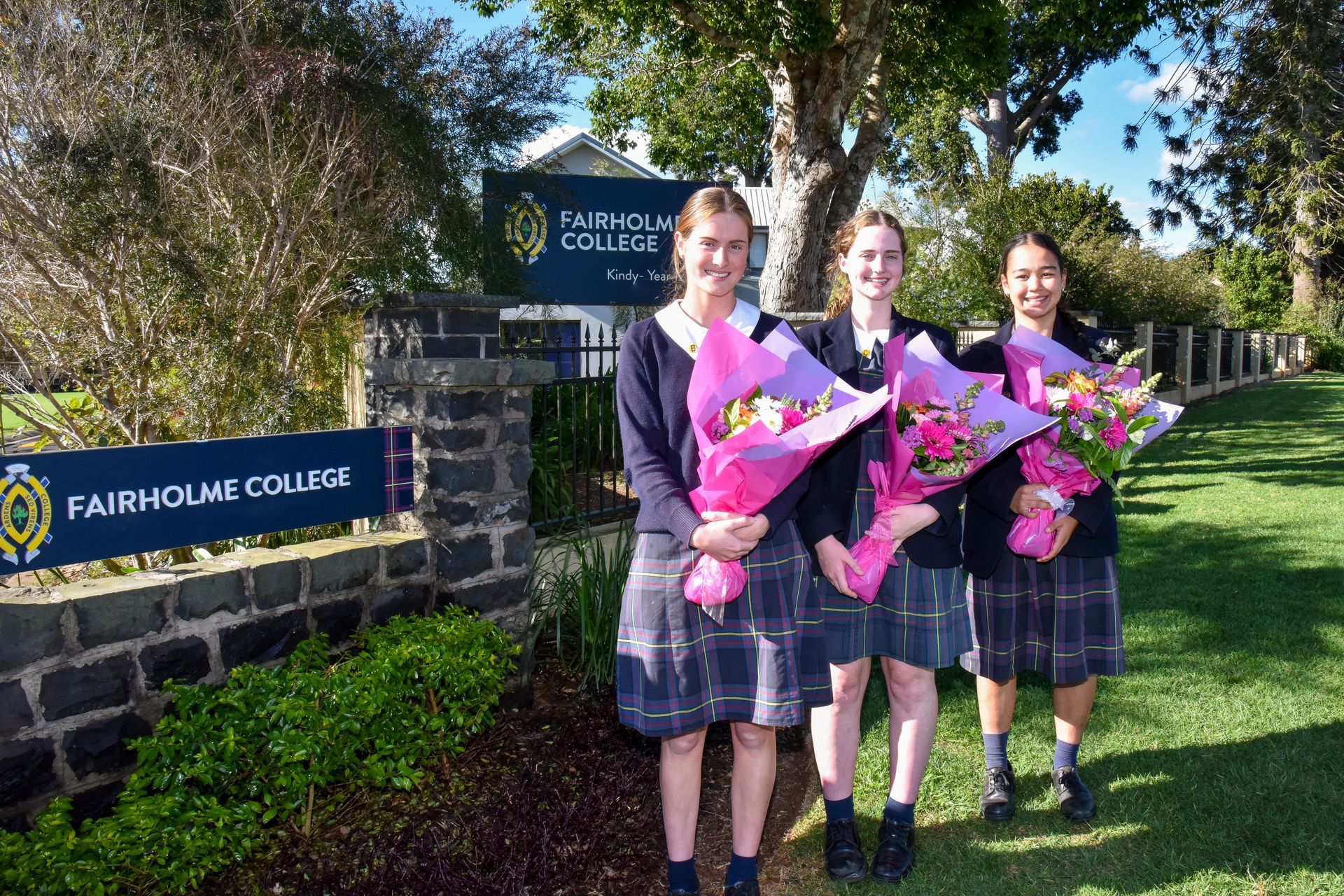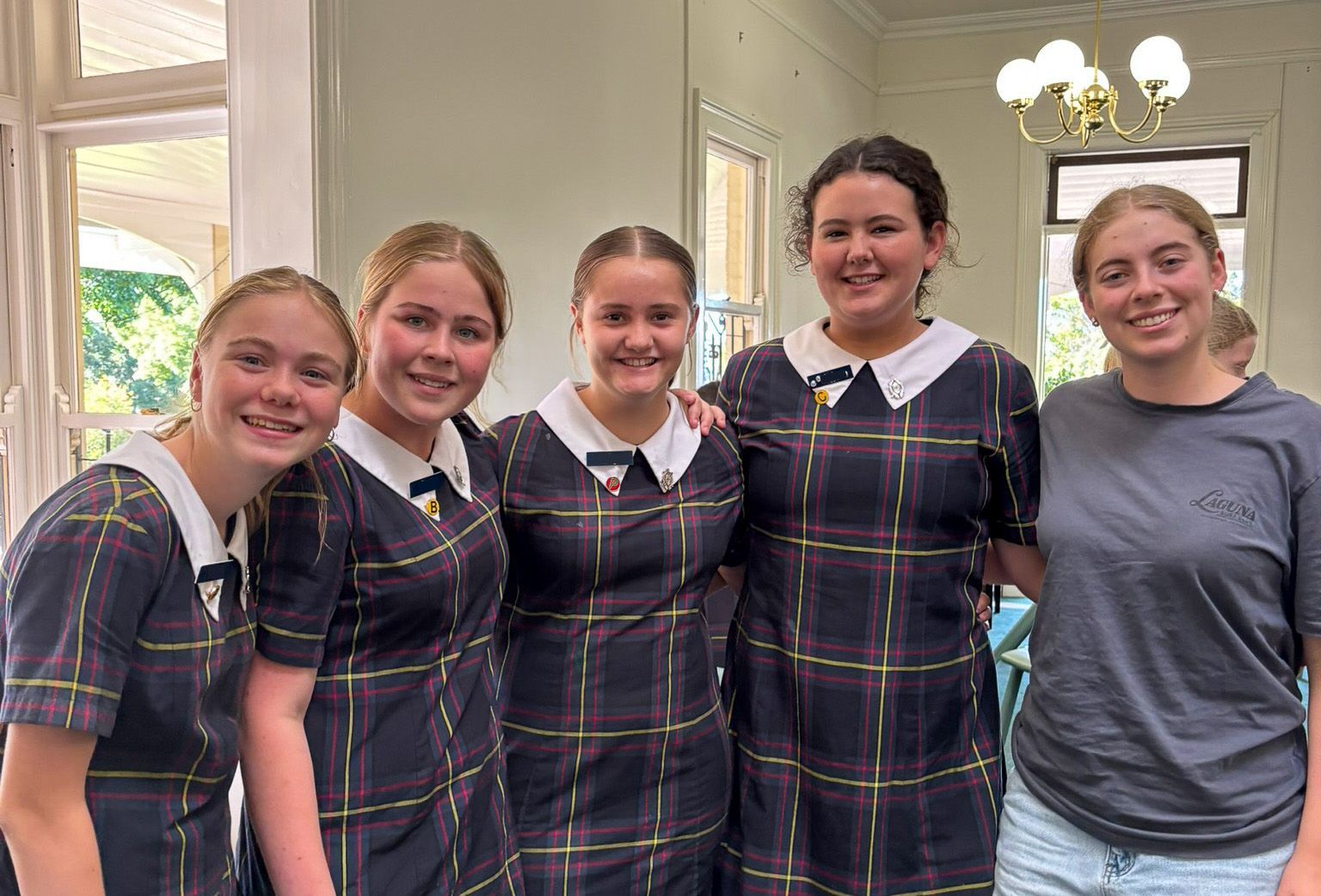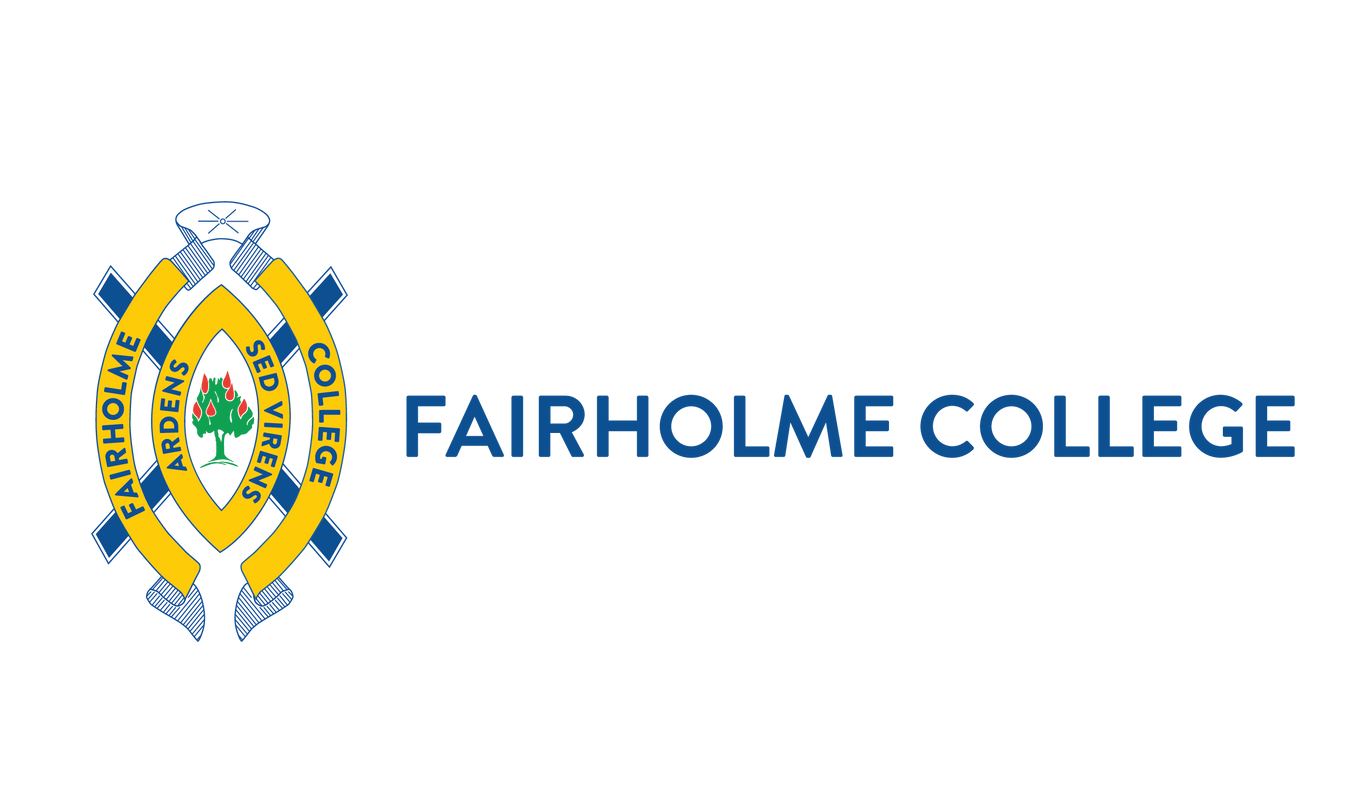I choose to do this because it’s hard, not because it’s easy
“I’m sooooo stressed.”
“This is too stressful for me to do. I am too stressed to do well.”
“I do not know how I’ll mange, there’s too much to do. I am too stressed to manage.” “How are you?”
“Stressed.”
Since 2006 I have used an adage in countless addresses and conversations: “I choose to do this because it’s hard, not because it’s easy.” It’s become cliched … almost as cliched as me underlining the importance of “finishing well.” In 2006 I was privileged to see Nikki Hudson, the former captain of the Australian Women’s Hockey team, on stage for full school assembly at her alma mater – Centenary Heights SHS. Nikki spoke about her gruelling training regime and the challenges of wintery mornings in Toowoomba. Eloquently, she described waking to an alarm in the early hours of a foggy Toowoomba morning, getting dressed ready for a few hours of hard exercise and saying: “I choose to do this because it’s difficult, not because it’s easy, because I love a challenge.” It may seem like an unremarkable mantra – perhaps, yet for Nikki, it worked very effectively. Stress and pressure can yield positive outcomes.
There was something very powerful in the words of this Olympic champion when she reminisced about a time when she was a school student listening to a guest speaker, also an Olympian, on Assembly. For a moment we could all see her as a blond Year 12 student dressed in bottle green, just like her peers. Yet the sense of ‘then and now’ provided enormous inspiration for the students who heard her personal story. It was a story of focus, determination and the will to achieve her goals no matter what the obstacles, no matter the endurance of stress and pressure.
I remember Hudson responding to a girl in the audience who had just missed out on selection in a Queensland team, she replied, “That’s tough isn’t it, but it’s really good as well. I missed out on Olympic selection once and I promised myself it would never happen again. It hasn’t.” Her messages were clear. Positive self-talk is powerful. Progress and success are regularly born of struggle, rather than ease. The greatest setback can provide the greatest motivation. When the pressure is on, work harder – it often leads to a positive outcome.
Pressure is privilege, words recently articulated by Penrith captain, Nathan Cleary. It’s an interesting paradox and yet I’ve become quite aware of its intuitive accuracy, ever since I heard him say it, on the eve of their fourth successive NRL grand final win. We don’t achieve great things unless we can endure pressure. Achieving great things is a privilege.
And yet, we don’t always view pressure that way, do we? As parents we wish for and sometimes contrive or construct for our daughter, a smooth path through her secondary schooling. We falter when she articulates her stress, her anguish at having too much to do or her inability to meet expectation – hers or ours. We probably never say – that stress you’re talking about, is actually a privilege.
It is not to say that stress is always positive. It is not to say that stress always elicits the best. But it is interesting to consider the positives that can exist in a pressure or stressful situation – the things that drive us on to achievement. The end of the school year is nigh and with it, an opportunity to ‘de-stress’ it would seem. Certainly, there has been a lot of ‘stress talk’ floating through the Fairholme airspace, not surprising given that the end of the school year coincides with end of term assessment. Stanford University neurobiologist Robert M. Sapolsky, reminds us that our goal should not be a life without stress. “The idea is to have the right amount of stress,” he tells us. He indicates that the ideal is a life with stressors that are both transitory and manageable. Exams conclude. Assignments get submitted. Reports and marking finish. All of these are transitory stressors: manageable, inevitable and, at times enjoyable enough – when they’re ‘done’. Often they represent the end point of hard work, discipline and effort: great character traits. “I choose to do this because it is hard, not because it is easy,” springs to mind at such times.
Furthermore, when epinephrine shoots into our system and norepinephrine follows, our heart rate increases, our hands may get clammy, and our pupils dilate. Cortisol increases. This is termed: challenge stress or the fight/flight response. Challenge stress heightens our attention to the situation and, when channelled appropriately, assists our response. Yet I often find myself having a conversation with students before a big event, exam, oral, performance or grand final, trying to debunk some myths about fear, anxiety and stress. “It’s the same physiological response that you have when you are excited,” I say. Usually, this statement is met with look of incredulity, horror and disbelief. They believe that “Dr Evans is delusional.”
I maintain that if we are to perform at our best in any high stakes situation then we need some stress, albeit transitory and manageable. We do well also, to acknowledge those feelings and rebrand them as normal responses to the situation. If we are brave enough, we might also describe the situation as exciting, rather than daunting and frightening. “Fake it and you’ll make it,” a wise psychologist once said.
Perception of the pending event, interaction or situation is of fundamental importance says psychologist Wendy Berry Mendes, of the University of California, San Francisco. Do you frame the stressor as a challenge or a threat? Do you view transitory stress as fearful and anxiety-riddled or do you acknowledge it as manageable, normal and a catalyst for full attention to the task at hand?
Sadly, as we know, (that hefty responsibility of being a responsible role model yet again), our children are watching our responses to stress consciously and unconsciously and inevitably absorbing them as their own. Stress is real and inevitable. We do want young people to rise to the challenge of the inevitable stressors of life, to differentiate clearly between those that are transitory and manageable and those that require greater assistance and expert support.
We want them to acknowledge that challenging situations can be approached with excitement rather than fear, knowing that they will pass, and often will lead to the intrinsic reward of accomplishment that follows hard work.
Choose to do things that are hard, not because they are easy – and there, in the midst of that paradox and tension lies opportunity to grow. Pressure can be privilege. Think of the Nikki Hudson metaphor: we can all do the hard things, if we practice doing so, enough. This includes the sometimes-difficult step of reaching out for support in times when stress isn’t transitory or manageable. We can do these hard things. We can.
Best wishes for the Christmas holidays. May there be the right amount of rain for our farmers and time for us all to enjoy the company of our children. God bless you and your safe travels.
Dr Linda Evans | Principal
More News…







